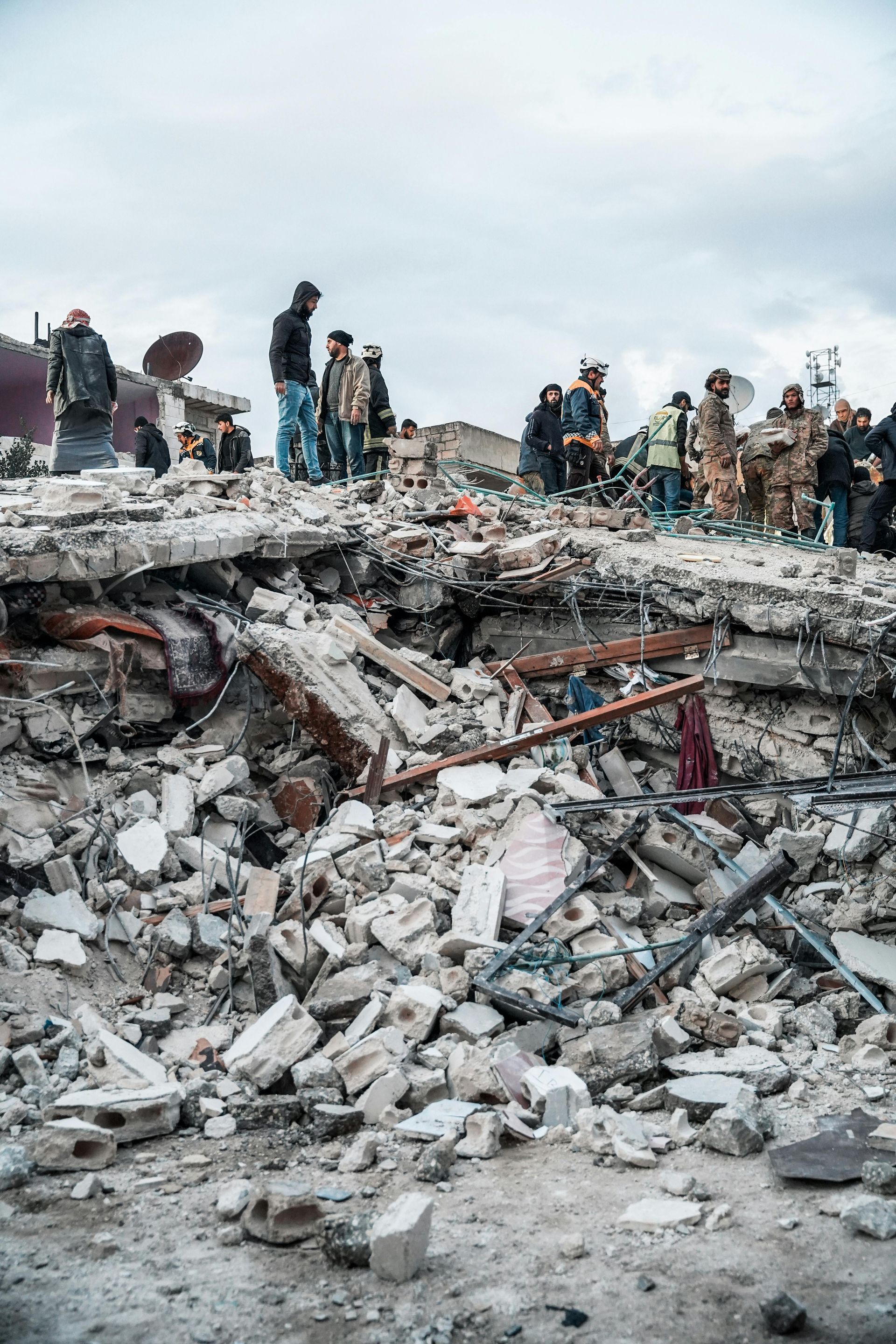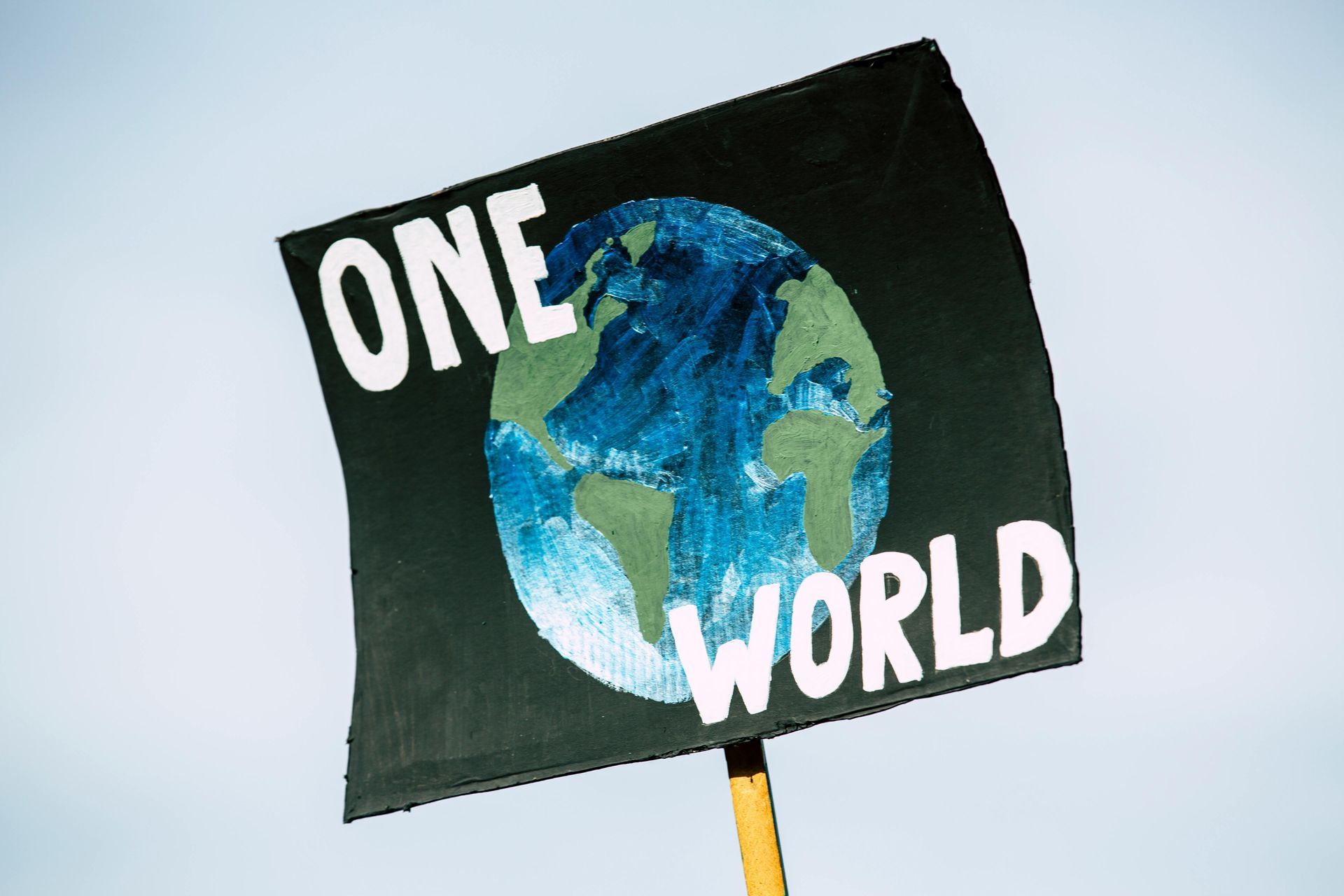Explore the potential impact of AI on the global workforce, with estimates suggesting 80 million jobs could be displaced by 2028.
Explore the future of artificial intelligence with this insightful guide!.
AI advancements could lead to the displacement of 80 million jobs worldwide by 2028. Learn more about this transformative shift in the job market.
Exploring the Potential Impact of AI on the Global Workforce: A Prelude to 80 Million Jobs Displaced by 2028
The advent of artificial intelligence (AI) marks the beginning of a new era in the global job market, one that promises to reshape how we as a society conceptualize work and employment. A fascinating, yet daunting, estimate suggests that by 2028, around 80 million jobs could be displaced due to AI-driven automation. While this number paints a compelling picture of the future, it also poses critical questions about the implications of such a disruptive force on the global workforce.
Розуміння можливого переміщення
The prospect of AI replacing human labor isn't a far-fetched idea. Machines are being designed and taught to handle tasks that are routine, predictable, or require a high degree of precision—qualities inherent in many jobs today. From manufacturing to data analysis, healthcare to logistics, AI is expanding its reach, promising efficiency and unparalleled productivity. However, this potential efficiency comes with the cost of reducing the need for human workers in specific roles.
Industries at the Forefront of Change
- Manufacturing and Production: AI and robotics have already revolutionized the manufacturing industry, with many factories employing machines for tasks ranging from assembly to packaging. As AI systems become more sophisticated, their roles within these settings are expected to expand.
- Транспорт: Безпілотні транспортні засоби готові трансформувати такі галузі, як вантажні перевезення та доставка. Оскільки компанії продовжують інвестувати в автономні технології, очікується, що потреба в водіях-людях значно знизиться.
- Retail: Automated checkouts and chatbots are examples of AI already at work in the retail sector. As e-commerce continues to grow, AI will play a pivotal role in inventory management, sales forecasting, and customer service.
Фінанси: Прогнозна аналітика, виявлення шахрайства та автоматизація транзакцій – це лише кілька сфер, де штучний інтелект досягає значного прогресу. Ці досягнення можуть зменшити потребу в традиційних ролях у введенні та аналізі даних.
Opportunities Amidst Challenges
While AI does pose a threat to certain jobs, it's also important to recognize the potential for new opportunities. As technology evolves, so too do the roles and types of jobs available in the market. Here are a few ways AI is expected to create new opportunities:
- Поява нових категорій вакансій: У міру того, як штучний інтелект стає більш інтегрованим, можуть з'явитися нові ролі, такі як спеціалісти з обслуговування штучного інтелекту, фахівці з обробки даних та фахівці з етики, для підтримки та керівництва відповідальним впровадженням технологій штучного інтелекту.
- Re-skilling and Up-skilling: The global workforce may witness an unprecedented demand for re-skilling and up-skilling. Workers transitioning from roles that have been displaced by AI will have the chance to acquire skills relevant to the new job landscape.
- Розширені ролі: Багато професій будуть розвиватися, а не зникнуть повністю. Штучний інтелект може взяти на себе виконання рутинних завдань, дозволяючи працівникам зосередитися на стратегічних, творчих або складних видах діяльності з вирішення проблем, які потребують людської участі.
Navigating the Transition
Governments, educational institutions, businesses, and workers themselves all have pivotal roles to play in navigating the transition toward an AI-driven landscape. Policymakers need to anticipate changes and implement strategies such as social safety nets, incentives for continuous learning, and legislation that promotes ethical AI use. Meanwhile, organizations should invest in training programs that help bridge the skill gap, ensuring their workforce is adaptable to technological changes.
Conclusion
AI's influence over the global workforce is a double-edged sword. While the potential for displacing 80 million jobs by 2028 is significant, it is also vital to focus on the transformative capabilities AI holds for creating an advanced, efficient economy. A proactive approach focusing on preparedness, adaptability, and collaboration will be key in ensuring that AI serves as a tool for enhancement rather than mere replacement. As society embraces the rise of AI, it is the alignment of human creativity with technological prowess that will determine the triumph of this new industrial paradigm.


































